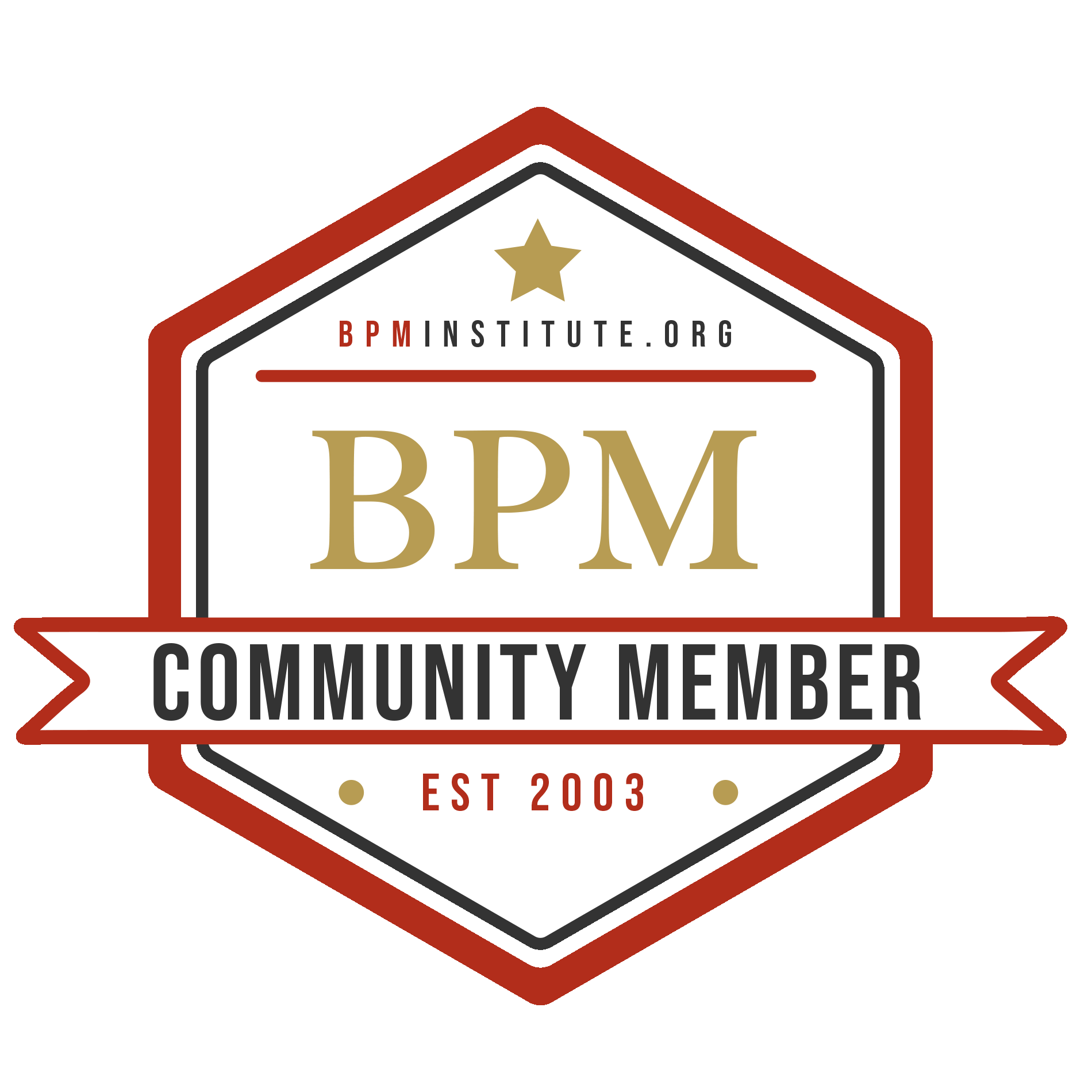Driven by the continued success of companies like Salesforce.com, the software-as-a-service (SaaS) delivery model has become an increasingly important element of the mix of technology sourcing options available to enterprises over the past two years. Recently, a number of vendors have introduced SaaS-based BPM technology tools and platforms, eager to “surf the wave” and ensure that they don’t miss out on any opportunities, should enterprises start to shift wholesale to using the SaaS model for their IT capabilities.

August 8, 2007

Neil Ward-Dutton
Business Process Management (BPM)
Web Services / SOA
Articles by: Neil Ward-Dutton
Are You Set Up To Manage Process Change?
When the idea of BPM as we understand it today first began to gain currency (when Smith and Fingar published their book “Business Process Management: The Third Wave” in 2003), the distinction that was clearly made between BPM and its predecessor, Business Process Reengineering, was that BPM explicitly recognises that business processes change over time, and seeks to help organisations enable and drive continuous change through the lifecycles of processes.
Bringing BPM and SOA Together for Maximum Business Value
The combination of Business Process Management (BPM) and Service-Oriented Architecture (SOA) has been the subject of a great many magazine column inches and conversations in the past couple of years. Most commonly, the relationship is seen primarily as one of technical complements – where BPM is seen as a way to make it easier to create composite applications from services, and SOA is seen as a way to make it easier to integrate automated processes with existing applications, systems and data sources.
Process Management Scenarios and their Technology Requirements
One of the interesting BPM debates I’ve been following in the past months has been about the relevance of BPM technology standards such as BPMN and BPEL (with some protagonists claiming that BPEL isn’t powerful enough as a modelling or implementation language to express the richness of some processes; and others claiming that in fact it’s just fine – for example, see the online debate between Keith Swenson and Ismael Ghalimi.




















